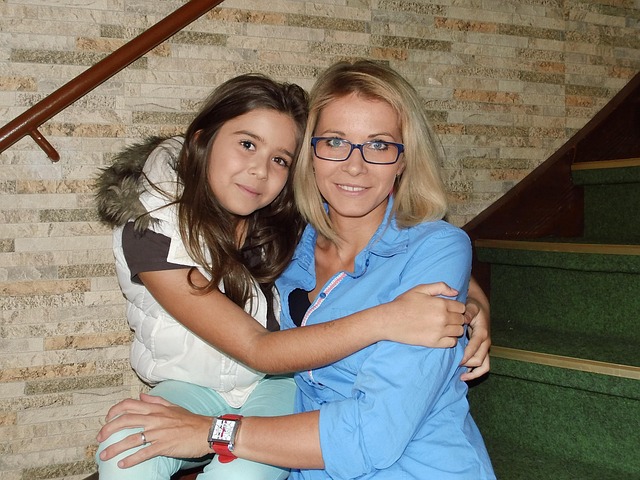Same-sex male couples facing fertility challenges can achieve parenthood through IVF with donor eggs, a reliable ART solution. This method combines partner or donor sperm with donated eggs for fertilization in vitro, followed by embryo transfer to the male's uterus. A scientific approach with careful selection and incubation leads to potential pregnancy, offering a path to family building and fulfilling parental dreams.
For same-sex male couples aspiring to build their families, egg donation through IVF is an option gaining prominence. This path offers a chance at parenthood, addressing unique challenges in modern family-building. Our article guides you through this process, from understanding the role of donor eggs to navigating legal and emotional aspects. We delve into the IVF journey, explaining each step from start to holding your baby, empowering couples with knowledge for informed decisions about IVF with donor eggs for male couples.
Understanding Egg Donation for Same-Sex Male Couples
For same-sex male couples aspiring to build their families, understanding egg donation is a significant step in their journey. This process involves a female donor contributing her eggs, which are then used in an assisted reproductive technology (ART) procedure, most commonly IVF with donor eggs. It offers a solution when the males may have low sperm counts or other fertility challenges.
The procedure begins with the partner or a chosen donor providing sperm, which is fertilized in vitro using the donated eggs. The resulting embryos are then transferred to the receiving male’s uterus, aiming for successful implantation and pregnancy. This method has proven effective for many same-sex male couples, allowing them to experience the joys of parenthood through the generosity of an egg donor.
The Role of Donor Eggs in Building a Family
In the journey towards building their family, same-sex male couples often turn to assisted reproductive technologies (ART), and one of the most significant components in this process is donor eggs. IVF with donor eggs for male couples offers a viable path to parenthood, addressing the challenge of achieving pregnancy when using a man’s own sperm. The role of donor eggs is crucial as they provide the necessary genetic material for fertilization, enabling these couples to create their family.
This approach ensures that the biological contribution from a female egg donor becomes integral to the creation of a new life, fostering the start of a family dynamic unique to same-sex male partnerships. It’s a critical step in navigating the complexities of modern reproductive practices, allowing for the fulfillment of parental dreams and the establishment of lasting familial bonds.
IVF Process: From Start to Holding Your Baby
The journey of building a family as a same-sex male couple often involves exploring various paths, and In Vitro Fertilization (IVF) with donor eggs is one such option. This process begins with careful selection and screening of donors, ensuring compatibility and healthy eggs. Once chosen, the eggs are retrieved from the donor through a minor surgical procedure. The sperm from one or both partners is then combined with these eggs in a lab, creating embryos.
After incubation, the resulting embryos are transferred to the uterus, where they have the potential to implant and develop into fetuses. This step-by-step process, known as IVF with donor eggs for male couples, offers a scientifically advanced way to achieve pregnancy. Holding your baby for the first time becomes a reality, marking the culmination of this intricate scientific procedure and the beginning of a new family’s chapter.
Navigating Legal and Emotional Aspects of Adoption
Navigating the legal and emotional aspects of adoption is a significant step for same-sex male couples considering building their family through IVF with donor eggs. Each jurisdiction has its own laws and regulations regarding surrogacy, egg donation, and adoption, so it’s crucial to seek professional guidance from lawyers and counselors familiar with these complexities. This process involves careful consideration of parental rights, legal custody, and the emotional well-being of all parties involved, especially as they forge new family structures.
Emotional challenges can arise throughout this journey, from dealing with potential donor anxiety to managing expectations. Open communication is vital; couples should discuss their hopes, fears, and concerns openly with each other, their legal representatives, and mental health professionals. This honest exploration will help ensure a more harmonious experience as they navigate the intricate web of legal requirements and personal emotions, ultimately fostering a deeper connection with their future child(ren).
For same-sex male couples, building a family through IVF with donor eggs offers a path to parentalhood. By understanding the process, embracing legal considerations, and navigating emotional milestones, these couples can experience the joy of welcoming a child into their lives. This modern approach to family creation empowers LGBTQ+ individuals to expand their families and embrace parenthood on their terms.
